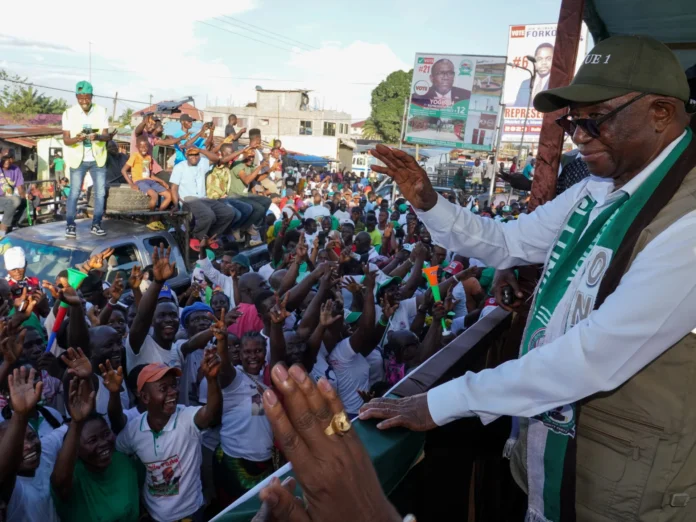Liberia’s journey towards democratic stability has been buoyed by technological advancements in its electoral processes. From biometric voter registration to electronic result transmission, technology has revolutionized how elections are conducted in the country. Here’s a concise look at the key ways technology is reshaping Liberia’s democracy:
Biometric Voter Registration (BVR): Liberia has embraced BVR to modernize voter registration, ensuring accuracy and inclusivity by capturing unique biometric data from voters.
Electronic Voter Identification (EVID): EVID systems streamline voter verification at polling stations, reducing fraud and enhancing efficiency through electronic authentication.
Electronic Results Transmission: Real-time transmission of voting data from polling stations to central databases has improved the credibility and transparency of election results.
Voter Education and Civic Engagement: Digital platforms, including social media and mobile apps, play a crucial role in educating voters and fostering civic engagement, empowering citizens to participate actively in the democratic process.
Despite these advancements, challenges such as cybersecurity threats and digital literacy gaps persist. To fully leverage the potential of technology in elections, Liberia must invest in infrastructure, cybersecurity, and citizen education. By doing so, Liberia can further strengthen its democratic governance and ensure the integrity of its electoral processes.







